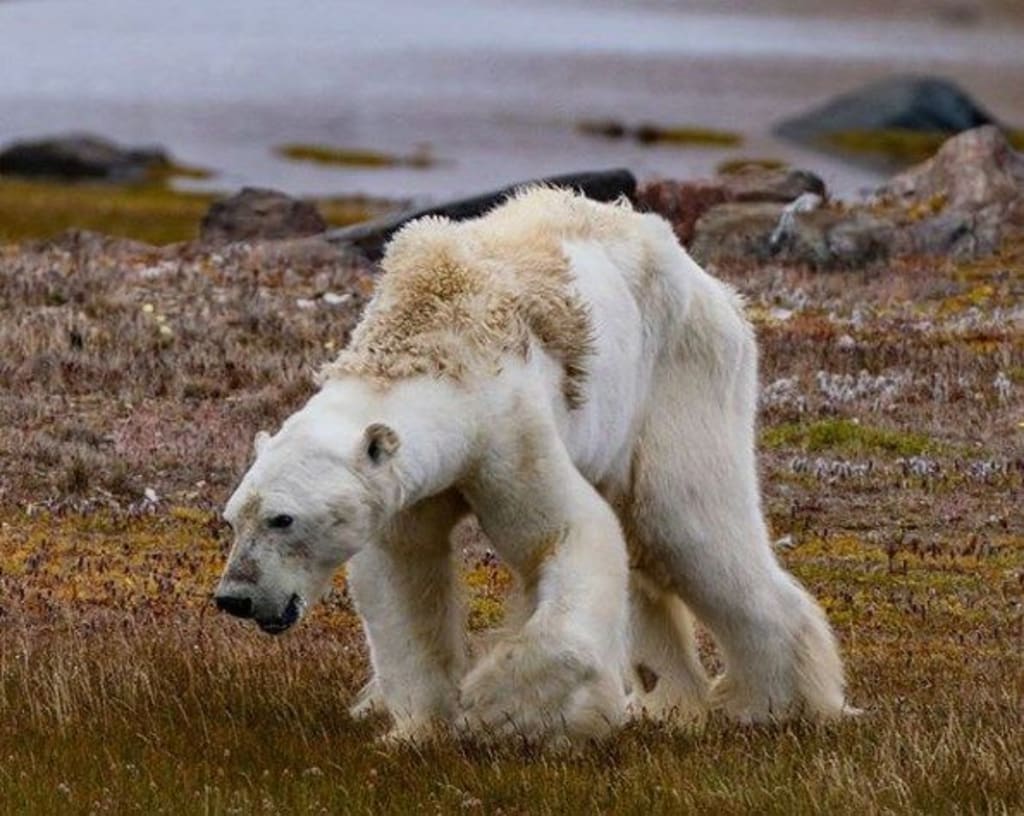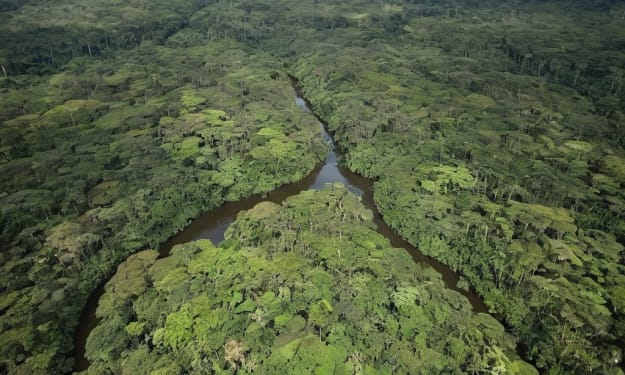The Impact of Climate Change on Vulnerable Ecosystems
A Call for Urgent Action to Safeguard Earth's Precious Habitats

Climate change has emerged as one of the most significant global challenges of our time, with far-reaching consequences for ecosystems around the world. While the effects of climate change are evident on a global scale, certain ecosystems are particularly vulnerable to its impact. This article explores the profound consequences of climate change on vulnerable ecosystems, highlighting the threats they face and the urgent need for action to protect these vital habitats.
Coral reefs are among the most diverse and delicate ecosystems on the planet. Rising sea temperatures and ocean acidification caused by climate change pose grave threats to these underwater ecosystems. Coral bleaching events, where corals expel their symbiotic algae due to stress, are becoming more frequent and severe. As a result, coral reefs are suffering widespread damage, leading to reduced biodiversity, loss of fish habitats, and detrimental effects on coastal communities that rely on them for tourism and fisheries. Additionally, increased ocean temperatures can fuel the intensity of storms, leading to physical damage and sedimentation on reefs.
The Arctic and Antarctic regions are experiencing some of the most rapid changes due to climate change. Rising temperatures are causing the melting of polar ice caps, leading to the loss of critical habitats for species like polar bears, seals, and penguins. The shrinking ice cover also disrupts the delicate balance of marine ecosystems, affecting plankton productivity and subsequently impacting the entire food chain. Furthermore, the release of trapped greenhouse gases from melting permafrost in these regions exacerbates global warming, creating a vicious cycle. The loss of ice cover also accelerates the warming process, contributing to rising sea levels and further threatening coastal ecosystems.
Rainforests, such as the Amazon and the Congo Basin, are often referred to as the "lungs of the Earth" due to their crucial role in absorbing carbon dioxide and producing oxygen. However, climate change poses a severe threat to these vital ecosystems. Rising temperatures, prolonged droughts, and increased frequency of wildfires are causing widespread forest degradation and loss. This not only releases vast amounts of stored carbon into the atmosphere but also reduces the capacity of rainforests to act as carbon sinks, exacerbating climate change. Additionally, altered rainfall patterns can disrupt the delicate balance of these ecosystems, impacting species diversity and the livelihoods of indigenous communities.
Alpine ecosystems, found in mountain ranges worldwide, are home to unique plant and animal species adapted to harsh conditions. However, these ecosystems are highly sensitive to climate change. Rising temperatures lead to the melting of glaciers, which are essential water sources for downstream communities. As glaciers recede, changes in water availability and quality can disrupt ecosystems, impact biodiversity, and threaten the livelihoods of mountain communities dependent on agriculture and tourism. Furthermore, shifts in temperature and precipitation patterns can promote invasive species and alter the phenology of alpine plants, affecting the delicate ecological balance of these high-altitude habitats.
Coastal areas are vulnerable to the effects of climate change due to their proximity to the ocean. Rising sea levels, intensified storms, and increased coastal erosion are direct consequences of climate change, threatening coastal ecosystems and communities. Mangroves, salt marshes, and seagrass beds, which provide essential habitats for numerous species, are being degraded or lost altogether. The loss of these ecosystems reduces protection against coastal flooding and jeopardizes the livelihoods of coastal communities. In addition, ocean acidification can negatively impact marine life, including shellfish and coral reefs, affecting not only the ecological balance but also the fishing and tourism industries that rely on these resources.
The tundra, characterized by cold temperatures, permafrost, and a unique range of plant and animal life, is experiencing significant impacts from climate change. As temperatures rise, permafrost thaws, releasing large amounts of greenhouse gases such as methane, which further contributes to global warming. The thawing of permafrost also disrupts the stability of the land, leading to landslides and changes in hydrology. These changes in the tundra ecosystem have profound effects on species such as reindeer, musk oxen, and migratory birds, as well as indigenous communities that depend on these resources for their livelihoods.
The impact of climate change on vulnerable ecosystems is profound and multifaceted, with far-reaching consequences for biodiversity, ecosystem services, and human well-being. Urgent action is needed at local, national, and international levels to mitigate climate change and protect these delicate habitats. Efforts should focus on reducing greenhouse gas emissions, promoting sustainable land and resource management practices, enhancing conservation efforts, and supporting communities that depend on these ecosystems. By addressing climate change and safeguarding vulnerable ecosystems, we can secure a sustainable future for both nature and humanity.






Comments
There are no comments for this story
Be the first to respond and start the conversation.